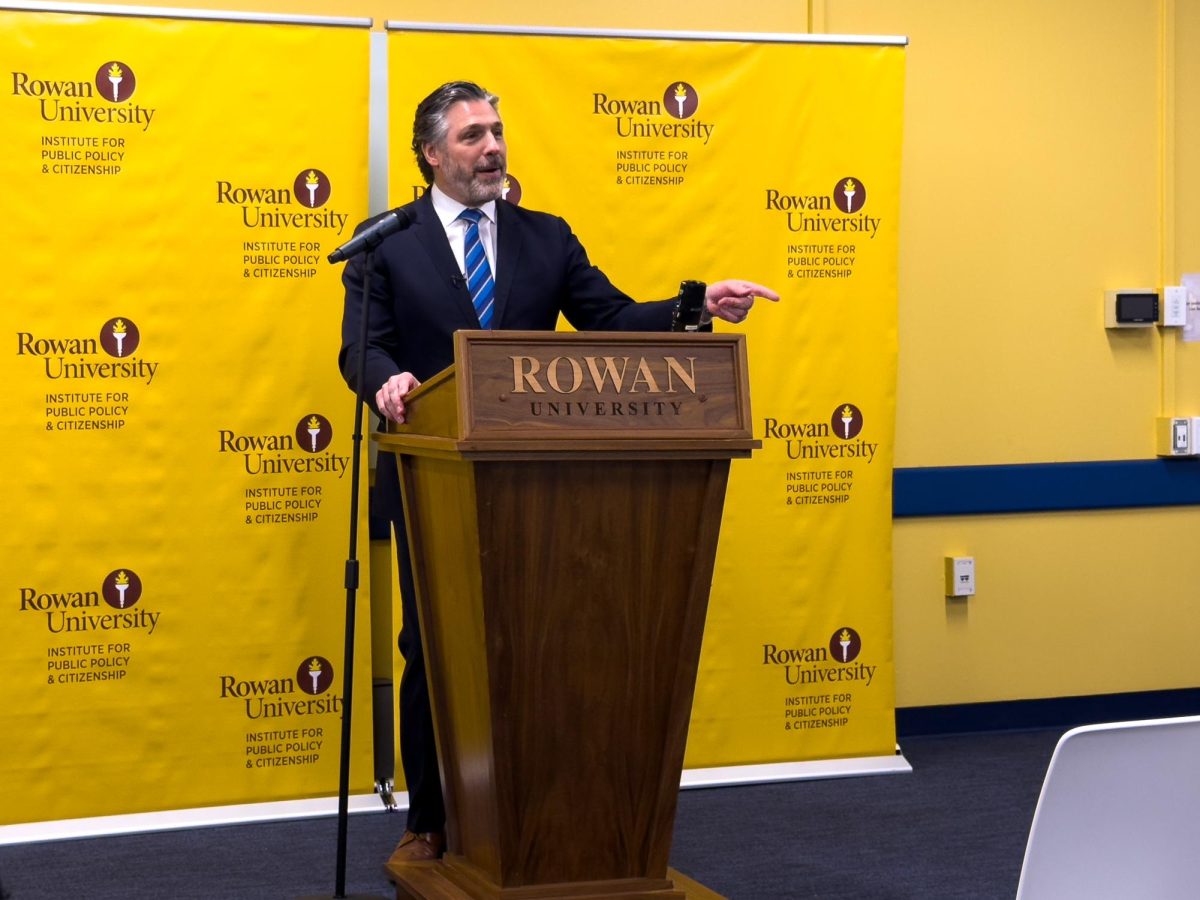With the time to vote at an end, officials were prepared to announce the winner of New Jersey’s governor’s race, until they noticed a 0.05% difference between candidates, the closest margin a gubernatorial election has seen in New Jersey within the past four decades.
At 7 a.m. on Tuesday, Nov. 3, Republican candidate Jack Cittarelli was in the lead with 49.65% of the votes. This was a 0.05% lead over Democratic incumbent Phil Murphy. However, only 88% of cast ballots had been counted at this time, leaving New Jersey’s governor election too close to call.
As of 6:36 p.m. on Nov. 3, incumbent Murphy officially clinched his re-election with 50.02% of votes. Cittarelli came in close behind with 49.23% of votes and 98% of cast ballots having been reported.
Phil Murphy’s re-election marks him as the first re-elected Democratic governor of New Jersey since Brendan Byrne was elected initially in 1973 and re-elected in 1977.
Various counties, including Essex, Monmouth, and Union, are still counting mail-in ballots, which can be tailed until Monday, Nov. 8, so long as they have been dated prior to the Nov. 2 election. Provisional ballots, which are paper ballots given to voters whose eligibility can’t be confirmed, also need to be tallied by hand.
Several human errors are also contributing to these delays. In Paterson, officials locked themselves out of new voting machinery which required a court order to gain access to once again and tally votes. In Essex County, 56 different voting districts were unable to count votes due to a cited “poll worker error” that also required a judicial order to be validated, according to County Clerk Christopher Durkin’s statement to News12.
Senate President Steve Sweeney, a Democrat, also saw an upset for his position in the Senate by truck driver, and Republican candidate, Edward Durr.
Sweeney has been New Jersey’s longest-serving Senate president since 2010. Durr’s upset means that the New Jersey Senate be forced to find a new president,
Edward Durr spent a total of $153 on his campaign for the District 3 Senate seat and, according to the Associated Press results, beat 10-year veteran Steve Sweeney by over 2,000 votes.
John J. Burzichelli, a Democratic candidate who has served as a District 3 New Jersey State Assemblymember since 2002, and fellow incumbent Adam Taliaferro lost to Republican candidates Bethanne McCarthy Patrick and Beth Sawyer by about 3,000 votes each.
For the New Jersey State Assembly, the Democratic Party lost a total of six seats to Republican candidates, five of which were held by Democratic incumbents. In the New Jersey State Senate, Democrats lost three seats to Republican candidates, all of which were previously held by incumbent senate members.
For comments/questions about this story tweet @TheWhitOnline or email [email protected]

























































































































































!["Working with [Dr. Lynch] is always a learning experience for me. She is a treasure,” said Thomas. - Staff Writer / Kacie Scibilia](https://thewhitonline.com/wp-content/uploads/2025/04/choir-1-1200x694.jpg)










































